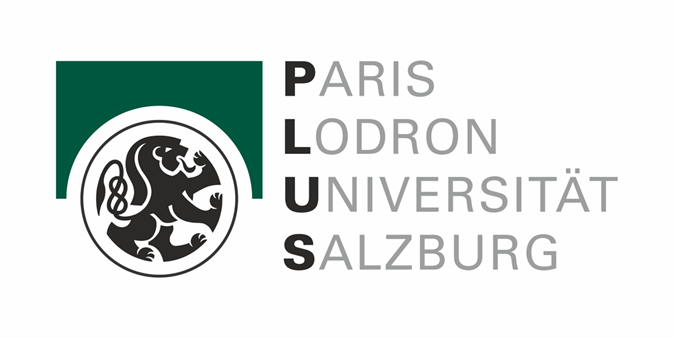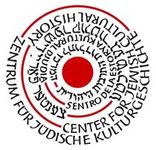אננקי
Grammatical information: adverb
Translation: in distress; in hurry
Translation equivalent: ἀνάγκῃ (adv.)(Ancient Greek+)
Usage:
Domain: properties/activities
Socio-cultural norm: core borrowing
Normativity: standard
Meaning type: lit.
Geographic distribution: Coptic; Syriac Aramaic
ר' יצחק ור' שמעון בן לקיש ר' יצחק אמר בשר ודם מותח אהל אננקי על ידי שהות הוא רפי קימאה, ברם הכא התרקיע עמו לשחקים, ואין תאמר שהן רפין תל' לו' חזקים, ריש לקיש אמר בשר ודם מוסך בולוס אננקי על ידי שהות הוא מעלה חלודה, ברם הכא חזקים כראי מוצק נראים כמין תרקיה
12,13 [I 111: 3,5]
R. Yiṣḥaq and R. Shimʿon ben Laqish. R. Yiṣḥaq said: when a man sets up a tent in hurry, after a while it will get slightly slacken, but here: Canst thou with Him spread out the sky? (Hi 37,18) And if you say that they are slack, the Scripture says: strong [as a molten mirror] (ibid.). Resh Laqish said: When a man makes in hurry a casting in form of a round object, after a while it will get rusty, but here: strong as a molten mirror [ibid.] - they [the heavens] look like a vault.
תרקיה
= Yalq 19 [6b: 29,31]; Yalq Jes 450 [397c: 25,27]; Yalq Hi 922 [510a: 40]
Usually used as noun f. (cf. Levy Targ1 41ab). For the adverbial use (only in Hebr. context) cf. Krauss, LW II 73b-74a (see also MekhY Yitro 1 [Horowitz 205: 14] ושב אננקי לתשובה [not mentioned by Krauss]). Cf. AC I 150b-151a. For the phrase בית אננקיה 〈byt ʾnnqyh〉 |bet ananqeh| (“prison”), used in a probably Byzantine magical text “Ḥarbaʾ de-Mosheh”, cf. Sperber (2012) 177. Levy I 112a explains the GenR reading parallel to Gr. πρός ἀνάγκη. Jastrow I 86a translates as “perforce, of necessity” (“if a human being spreads a tent, it must in course of time become loose”). Cf. Syr. ܐܢܢܩܐ 〈ʾnnqʾ〉 (Sokoloff, SL 63ab).
Bibliography:
Sokoloff, DJPA, 41b-42a.
How to cite: Art. אננקי in: Dictionary of Loanwords in Rabbinic Literature. Eds. . https://lrl.acdh.oeaw.ac.at/ananqe.html. 2024.



